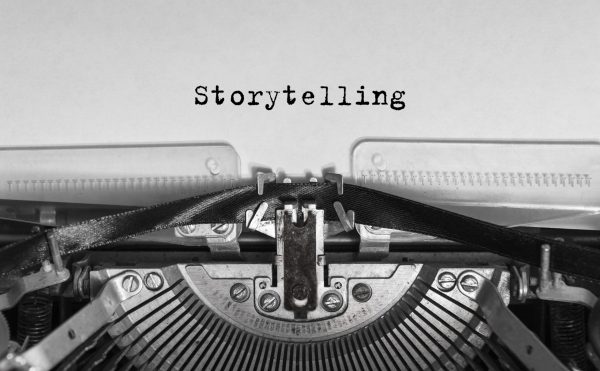Why I write

If it is true as both the Calvinists and Jay-Z both proclaim –that you are who you are before you’re born, playa – then who I am as a writer was shaped by circumstances beyond either my comprehension or control.
The great-grandson of a slave, the son of an autoworker, I was born in January of 1965, three weeks and change before Malcolm X was assassinated at Harlem’s Audubon Ballroom, and at the zenith of American Industry’s Golden Age. Owing perhaps to both predestination and my experience as a journalist covering 30 years and three continents, I can write with authority about a wide range of topics, from intellectual property rights to film and literary criticism.
I find most intriguing the question of “who gets ahead” in a society and I believe that interrogating such profound truths requires using language as a surgeon would a scalpel. In writing for the corporate and NGO world, while writing for a different audience, I still take great pains to avoid the bland, cookie-cutter language preferred by today’s marketing industry; it neither sparks the imagination, or connects us to one another.
What I am most passionate and knowledgeable about might best be categorized under the rubric of “development economics;” specifically that includes:
Diversity & Inclusion: Studies consistently show that a diverse workforce increases innovation and productivity, and most importantly, diversity of thought, which yields the creativity and innovation needed for organizations to remain relevant and for companies to remain profitable.
Health, Education and Welfare: Demographers have long known that there is a magic bullet to slay poverty: people who graduate from college, marry, and have children –in that sequence –tend to immunize themselves from the grinding poverty that characterizes marginalized populations. What mix of policies are the best tools to help families and their children follow that formula?
Social Movements: Nations rise and fall on the strength –or lack thereof –of mass mobilizations at the grassroots level, including organized labor.
Cooperative Economics: Across the globe, from Argentina to Zambia and Boston to Barcelona, employee and agricultural cooperatives, land and housing trusts, and even citizens’ media, are all the rage as communities try to offset the ruinous effects of global finance with people power.
Politics of the Global South: I have been fortunate to travel broadly both as a journalist and as an English teacher and consequently, I have unique insights into the tectonic shifts occurring today from Caracas to Cape Town, and Buenos Aires to Bamako.
Emancipatory Journalism: A news media that depicts the people’s struggles through the eyes of the people is the predicate for social transformation. What media strategies are effective and which ones merely paper over the status quo? As it turns out, journalism, like democracy, works best from the ground up.
